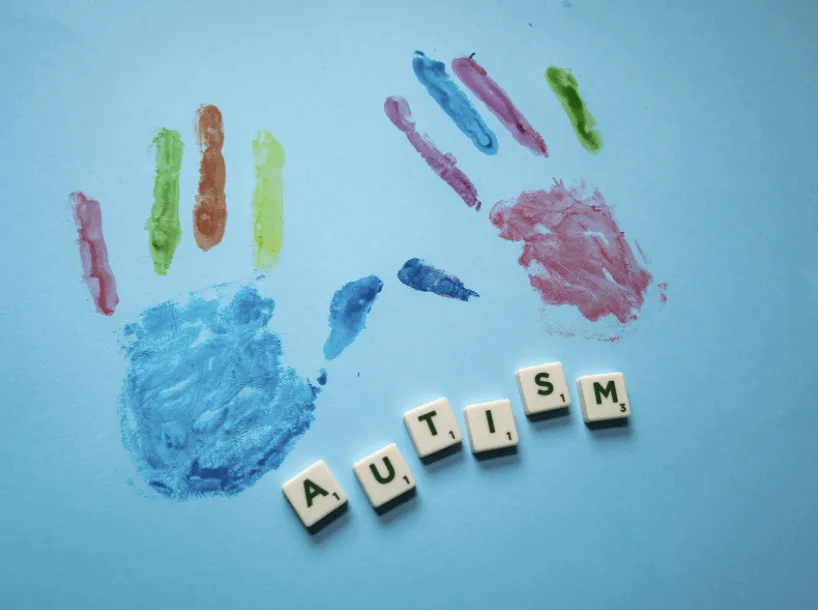
OT Lindsey Mitchell offers help to people with autism who are also experiencing mental health difficulties and struggling to define their ‘normal’
Autism is a developmental condition that affects thousands of people but is often misunderstood by many thousands more.
It is a condition that also provides challenges for people that have it on a daily basis and one of their biggest challenges can be deciding what are ‘normal’ feelings.
Being able to judge this is extremely important if they are struggling with their mental health.
So, during Mental Health Awareness Week, I thought it would be useful to promote some good resources that can offer support to autistic people (and non-autistic too) about how better to understand their personal mental health situation.
Autism
Autism is a developmental condition that affects how you see the world and how you interact with other people. Autistic people can experience changes in their mental health like anyone else.
Recent research by the National Autistic Society highlighted that 80% of young people with autism had experienced mental health problems with many young people feeling that these problems stemmed from the pressure to ‘act normal’ in a neurotypical (non-autistic) world.
Many of the young people found it hard to tell whether changes in their thoughts, feelings and behaviours, might be a sign of a mental health problem. This stemmed from a constant struggle to know just what is ‘normal’ for them and a resulting challenge trying to work out if, and when, they needed to seek professional help.
Toolkit
Ambitious About Autism (follow on Twitter at @ambitiousaboutautism) volunteers have developed a toolkit for young autistic (and non-autistic) people that aims to address just this issue.
This free resource helps young people describe what ‘normal’ is for them, such as how often they sleep and how much time they spend on their hobbies.
Not only does this help them to identify if, and how, their ‘normal’ might change – so they can work out when they might need to get extra help – it can also be used to help them explain this to other people such as family members or healthcare professionals.
Find out more on Ambitious About Autism
Read more: Getting read to help during Mental Health Awareness Week
#MentalHealthAwarenessWeek #Autism #MentalHealth
WATCH: Meet OT Lindsey Mitchell…










